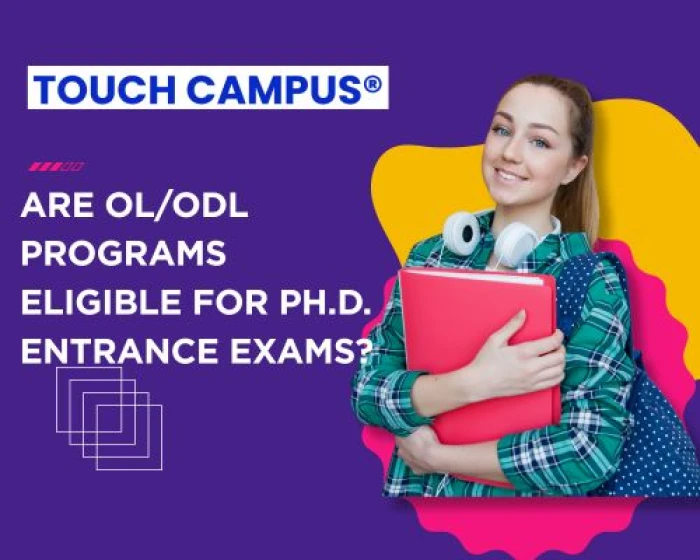Blog Body:
Have you ever learned more from doing a project than from reading a textbook? That’s the magic of experiential learning—an approach that puts you at the centre of your learning journey.
Instead of only relying on lectures or rote learning, experiential learning is about learning by doing. It connects theory with real-world application, helping students truly understand and retain knowledge.
? What Is Experiential Learning?
Experiential learning is an educational method where students gain knowledge and skills through direct experiences—like internships, lab work, field visits, simulations, or hands-on projects.
It follows a four-step cycle:
Experience: Do something (e.g., group project, internship)
Reflect: Think about what you learned or felt
Conceptualize: Connect the experience with theory
Apply: Use what you learned in new situations
? Why Is Experiential Learning Important?
Here’s why it matters—especially in today’s fast-changing world:
Builds real-world skills like communication, problem-solving, and teamwork
Improves understanding of concepts through practical application
Makes learning engaging and memorable
Prepares students for the workplace
Boosts confidence and independence
? Examples of Experiential Learning
Internships and apprenticeships
Lab experiments and simulations
Entrepreneurship projects
Role plays and case studies
Study tours or fieldwork
Community service or social impact programs
?? Who Can Benefit from It?
Experiential learning works well for:
School and college students who want to move beyond textbook learning
Engineering and science students who need practical lab exposure
MBA and management aspirants building business acumen
Working professionals looking to upgrade skills through real scenarios
? Indian Context
Many Indian institutions are now including experiential elements in their courses:
AICTE and UGC are encouraging skill-based learning
NEP 2020 emphasizes practical and project-based education
Institutes like IITs, IIMs, and private universities offer real-world exposure through internships, live projects, and labs
Final Thoughts
In today’s competitive world, theoretical knowledge is just not enough. Experiential learning bridges the gap between the classroom and the real world, making you career-ready, confident, and skilled.
So whether you're a student or a professional—choose learning methods that let you experience, reflect, and grow.
Ready to learn by doing? Your future self will thank you.







